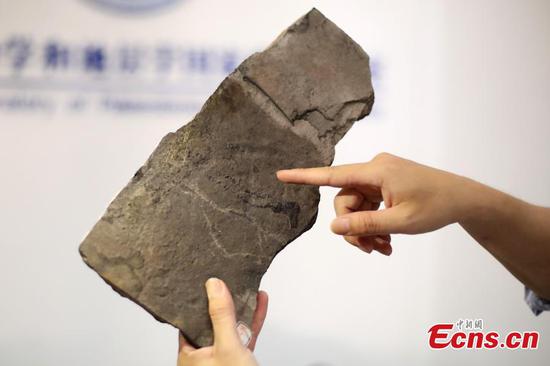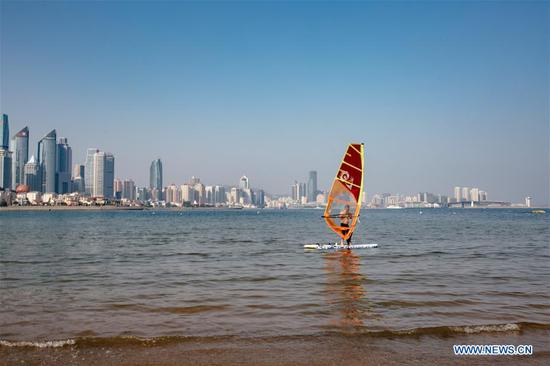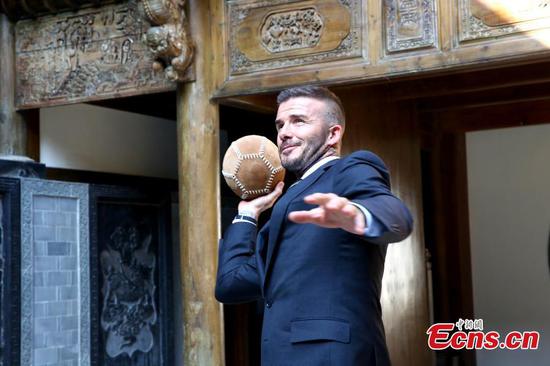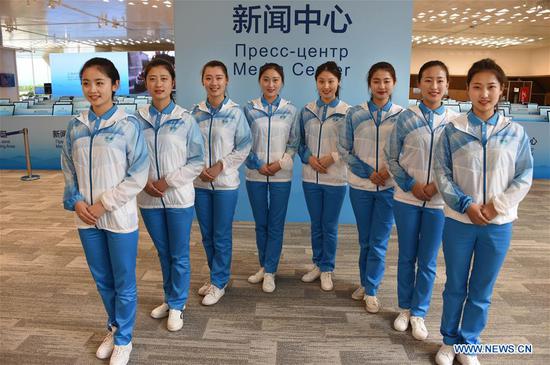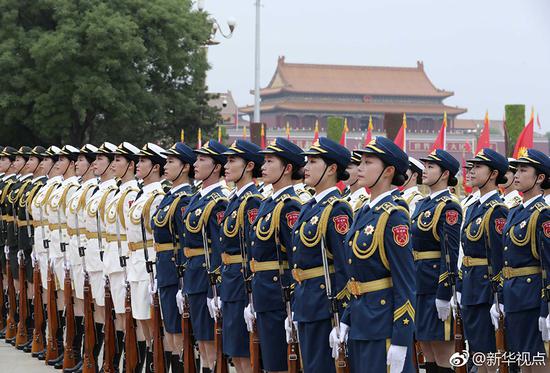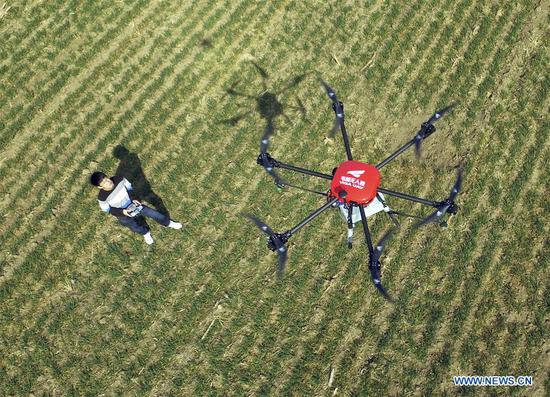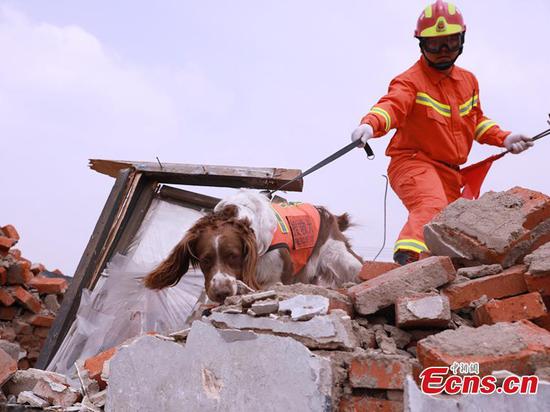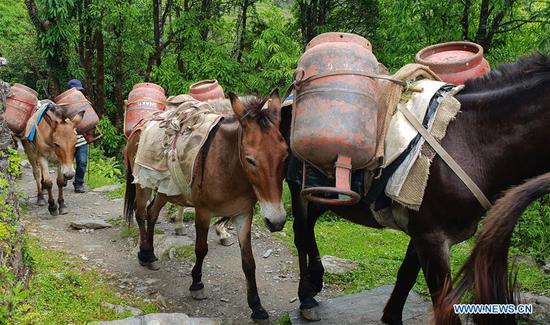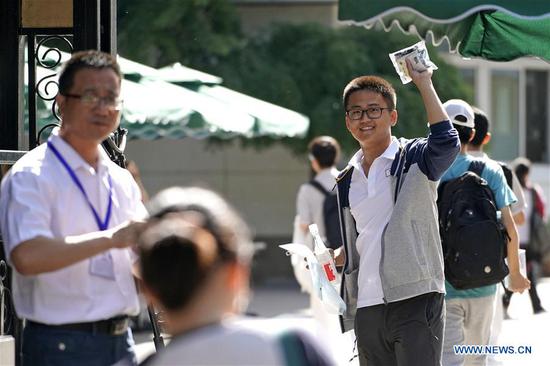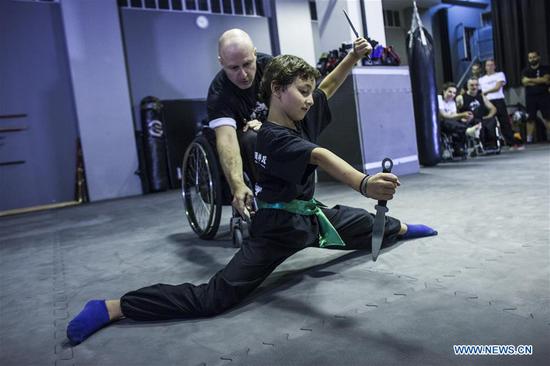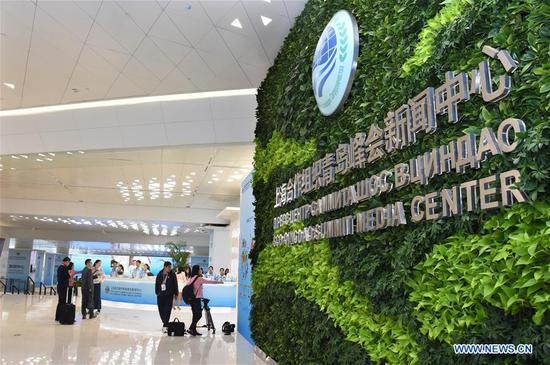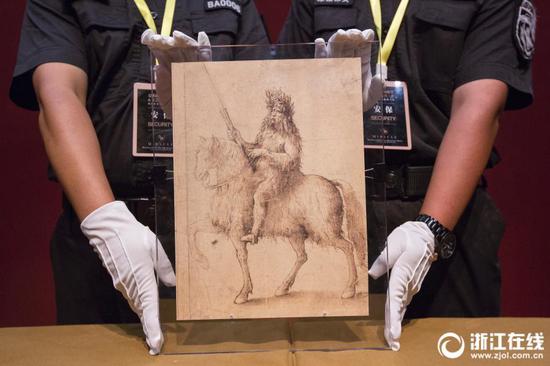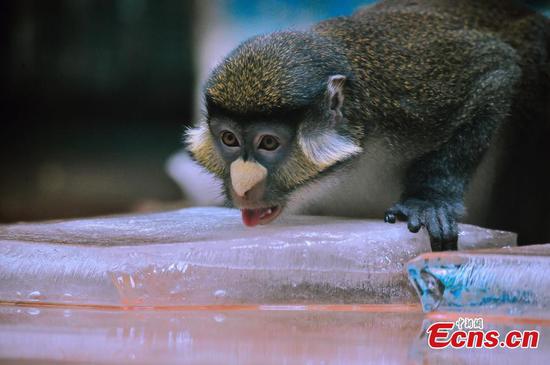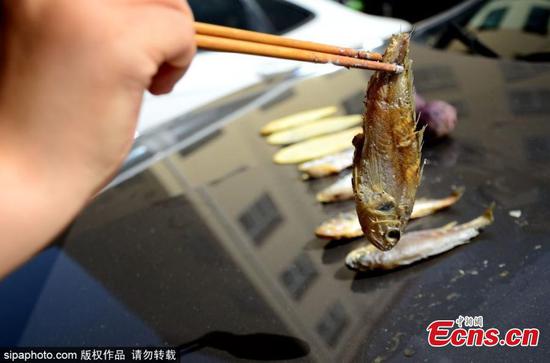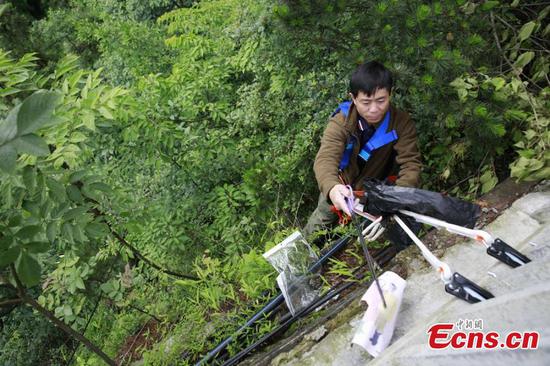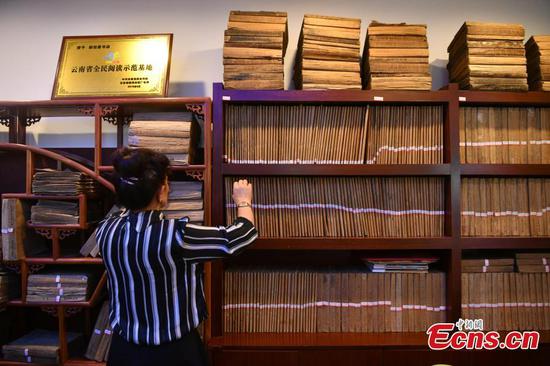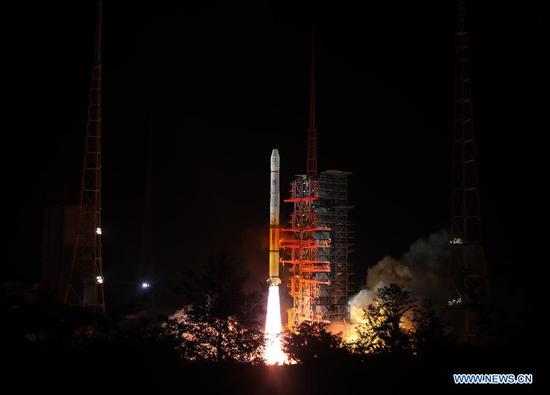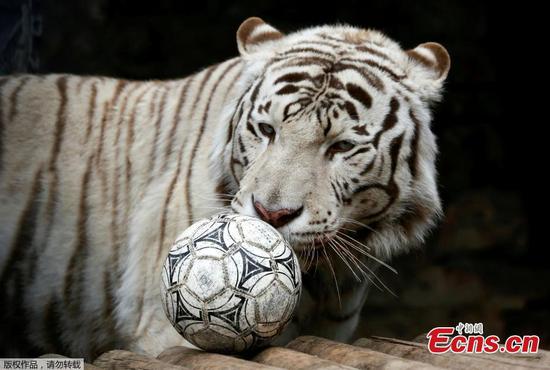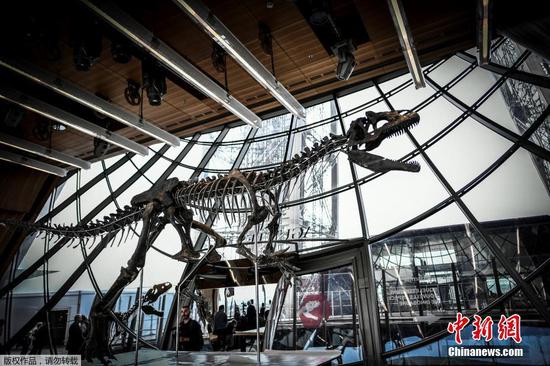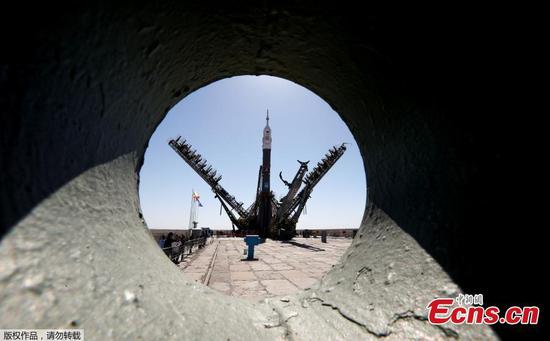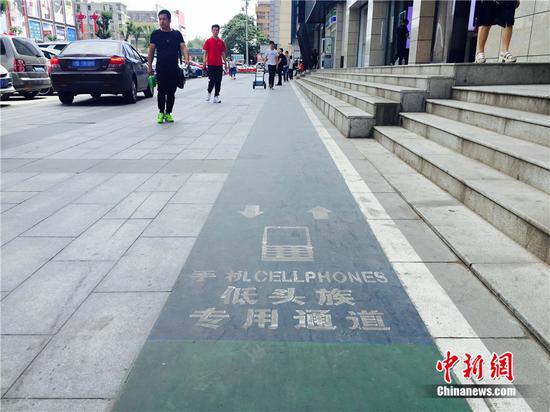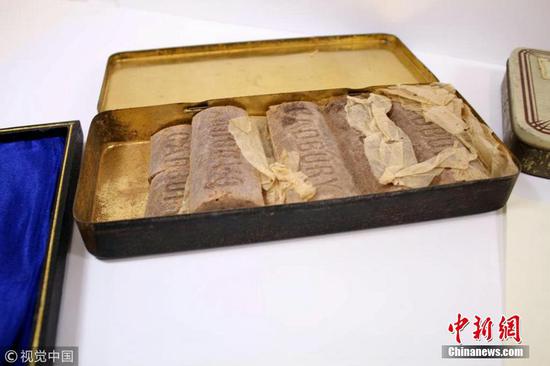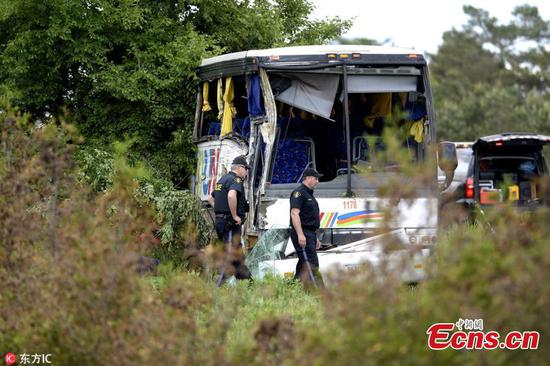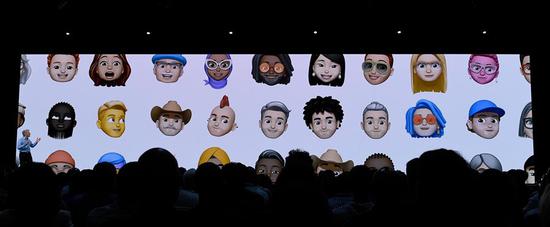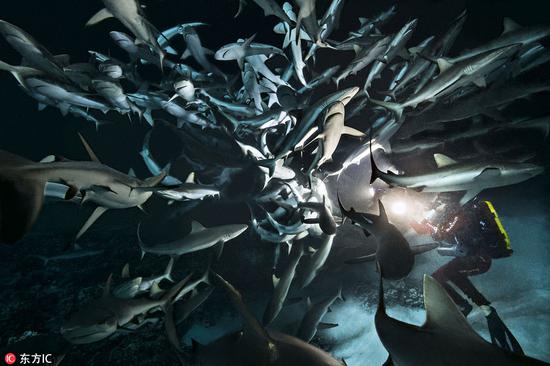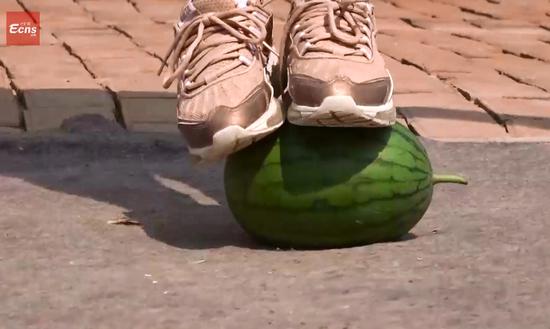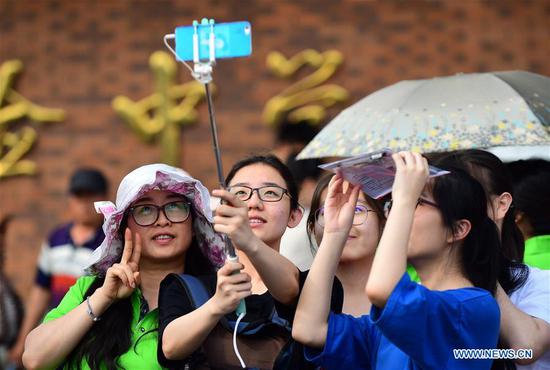
Examinees take a selfie with their family before the national college entrance examination outside an exam venue in Changchun, northeast China's Jilin Province, June 7, 2018. (Xinhua/Shen Bohan)
It is again the time for China’s national college entrance exam, or Gaokao in Chinese. While millions of students will be rushing to test sites for the two-day exam, there is a growing number of students choosing to skip the Gaokao and study abroad.
Xu Wenxi and Zhao Yixin can enjoy their summer break just a bit early as they have already been admitted by the University of Pennsylvania and Yale University respectively. For them, its the attitude and hope to see more different things finally motivated them to study aboard for higher education. That process, however, was not easy for getting into their dream schools.
“You know, we go to summer camps in the United States and talk to people not in our native language and have to go through interviews.” Said Zhao.
“It’s a holistic review. They examine a lot of different aspects like activities and your essays and your depths basically as a person. So it requires a lot of work to just figure out where you belong and who you are basically.” Xu followed.
Xu and Zhao are just two of the nearly 200 high school graduates from the international department at the Experimental High School partnered with Beijing Normal University. These students spent their three years in high school quite differently from others, with courses designed to be just like what students in other countries would have. And the number of Chinese students going abroad for higher education continues to grow.
According to the U.S. embassy, over 350,000 Chinese students are pursuing higher education in the U.S.. It's the eighth consecutive year that the highest number of international students going to the US are from China. And worldwide, one in four international students is Chinese, with the number of students being admitted into the world's top universities also on the rise.
The Experimental High School saw its students being admitted into Ivy League universities doubled during the past years. Starting out fewer than 10 in 2009, and now around 20 students headed to schools overseas.
“These students can understand both our own and western cultures. So when they are trying to solve a problem, they can think from two different perspectives – making their approach more objective. They may also represent a better voice from China," said Li Bing, the assistant director for the international department at the Experimental High School.









